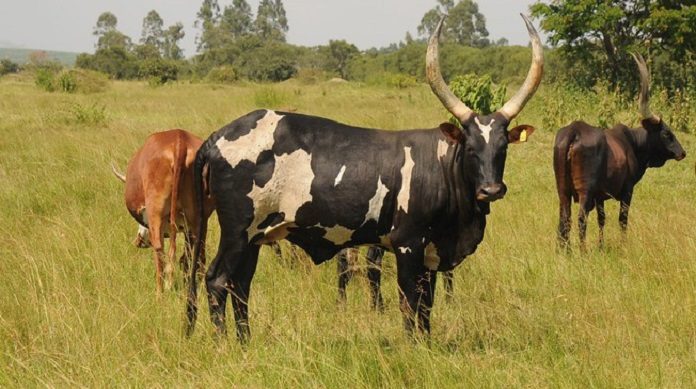Theileriases are a group of tickborne diseases caused by Theileria spp. A large number of Theileria spp are found in domestic and wild animals in tick-infested areas of the Old World. The most important species affecting cattle are T Parva and T annulata, which cause widespread death in tropical and subtropical areas of the Old World.
According to an estimate, the parasite involved kills thousands of cattle each year in central and eastern Africa. Now, scientists at the EPFL identified the genes involved in resisting Africa’s most widespread cattle disease.
Stéphane Joost, who works in EPFL’s Laboratory of Geographic Information Systems (LASIG) said, “We hope that our research will have an impact because it addresses some major issues regarding food security in Africa over the medium and long-term.”
Scientists primarily produced a map demonstrating the zones of Uganda where this dangerous ailment is generally predominant. The map is the result of a novel strategy gathering epidemiological data gathered from 823 indigenous dairy cattle alongside their location. Utilizing a natural genomics approach – which joins the likelihood of being bitten by a tick, the danger of contamination by the parasite and the hereditary qualities of dairy cattle populaces – the specialists could recognize the qualities conceivably engaged with opposing theileriosis.
The technique created by the team intends to help nearby veterinarians – who partook in the investigation also – to see where the least secure regions are. Farmer’s affiliations will likewise have the capacity to settle on better options about which breeds to raise, contingent upon their area.
For the analysts, the examination besides demonstrates the significance of keeping indigenous breeds from an intersection with different breeds, especially European ones. Zebu breeds that relocated from India to Africa around 4,000 years prior are impervious to the illness vector, though foreign made breeds pass on only a couple of months after contamination.
Elia Vajana, first author of the study said, “Our study shows that the cross-breeding carried out in Africa in the last few years – pushed by European corporations with the promise of higher yields in terms of milk and meat – is a mistake based on a short-term approach. Diluting indigenous breeds reduces the cattle’s resistance to this disease.”
In particular, the study documents the role played by two genes in the disease resistance process. As a result, the study could be a first step towards implementing breeding programs that exploit this disease resistance process.
The study is recently published in scientific review Frontiers in Genetics.
